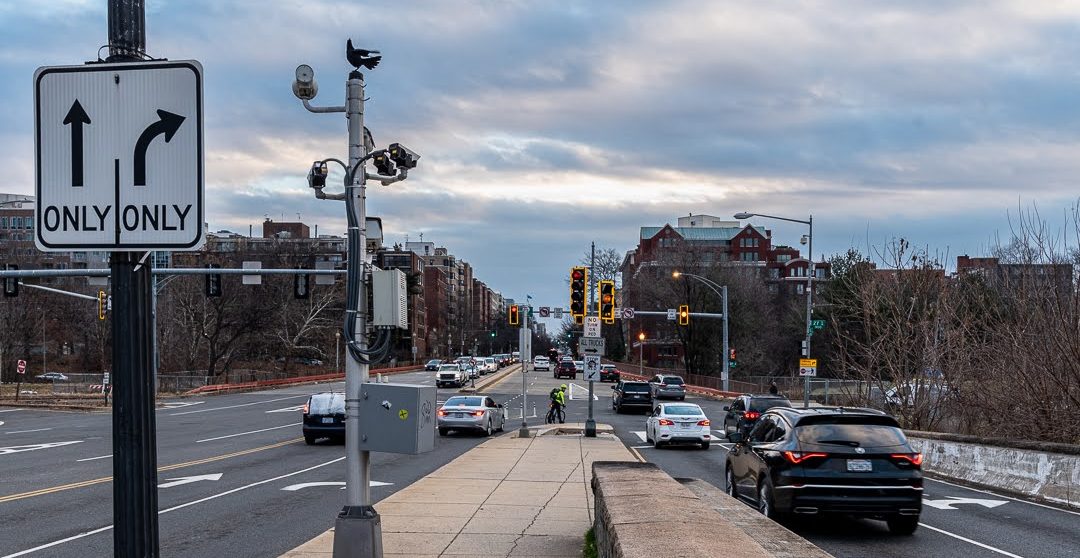Republicans have made clear that they don't think President Obama's jobs plan, including $50 billion for transportation infrastructure, will create jobs. They would rather remove regulations that cost industry money. They say reducing this "regulatory burden" will create jobs -- and they want to start with the cement industry.

The House is currently debating the Cement Sector Regulatory Relief Act, which would eliminate EPA standards, passed last August, to reduce hazardous air pollution. Industry hacks say regulations currently facing the cement industry could force the closure of 18 of the nearly 100 U.S. cement plants and result in the loss of 4,000 manufacturing jobs. Democrats -- and the Congressional Research Service -- refute those numbers.
Republicans have been toiling away all year to gut EPA regulations of all stripes -- indeed, California Democrat Henry Waxman, ranking member of the Energy and Commerce Committee, today called it "the most anti-environment Congress in history," having voted 136 times this session to block environmental measures.
But the GOP says this one in particular is a jobs-killer. "The cement industry is in its weakest economic condition since the 1930s," said Jason Altmire (R-PA) on the floor of the House. He says the bill would simply remove an unnecessary barrier to industry.
About 40 percent of the cement used in the U.S. in a given year is used to surface highways. According to Earthjustice, cement plants are among the nation's worst toxic polluters. Cement kilns are the second largest source of mercury emissions in the United States, after coal-fired power plants. So essentially, this Republican bill is another government subsidy to the road industry, only this time we're paying with the air we breathe, the water we drink, and the food we eat.
It's true, 20 percent of construction workers are currently unemployed, and that represents a significant economic and human problem. To address that problem, Democrats and transportation advocates, including industry representatives, continue to urge Congress to pass a multi-year transportation reauthorization -- not gut life-saving environmental standards.
"If these bills are enacted," Waxman said on the floor, "there will be more cases of cancer, birth defects, and brain damage. The ability of our children to think and learn will be impaired because of their exposure to mercury and other dangerous air pollutants."
"Mercury is so toxic just one seventieth of a teaspoon of mercury -- or .0024 ounces -- can contaminate a 20-acre lake and render the fish in that lake poisonous to eat," said Rep. James Moran (D-VA).
Waxman offered three amendments to the bill. One uses the rhetoric Republicans have been using to block bills all year -- requiring that the money used to authorize the bill be offset elsewhere in the budget. But instead of requiring that offset upfront, it would require that the cost offset be examined after the bill passes, and render the bill ineffective if there is no offset.
The other amendment would continue government emissions enforcement if those emissions "are harming brain development or causing learning disabilities in infants or children."
The NIH says exposure to even low levels of mercury can reduce a child's IQ. Moran made an economic argument, saying that those children have a harder time getting and keeping jobs. He quoted independent scientific studies saying the cost of mercury pollution "is as high as $22,300 per IQ point per child, which cumulatively amounts to $8.7 billion in lost potential per year."
"The majority constantly urges us to balance the costs and benefits of environmental regulation," Moran said. "But when the benefits of regulating hazardous pollution substantially outweigh the costs, as they do with mercury, all of a sudden that doesn't become an issue for debate."
"If we do not defeat this bill -- if it were to be enacted -- children will suffer," he went on. "Our economy will become weaker. The fact is, we have both a moral and an economic responsibility to defeat this bill."
The House is expected to vote on the bill tomorrow.





